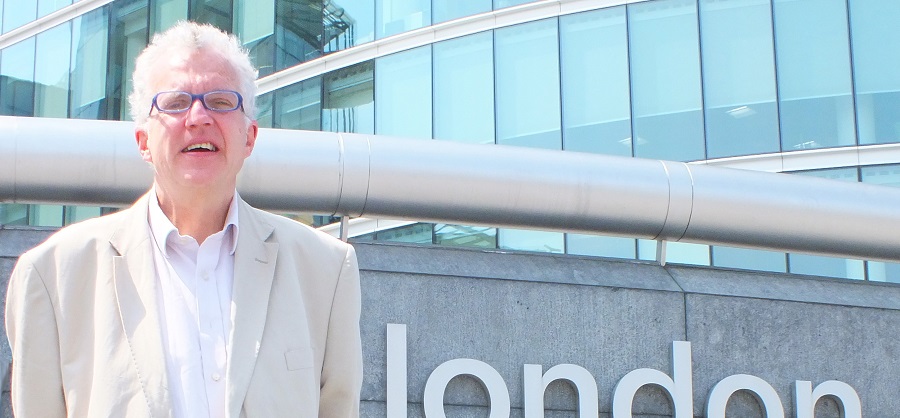When Alistair Darling announced his rail review in January, long suffering rail passengers hoped that after years of chaos, the government was at last going to sort out the railways.
Fat chance. Yesterday’s announcement of the results of the review show that the men (and women) in Whitehall always make sure their ministers never take any radical decisions unless they are totally unavoidable.
The railways clearly needed a completely new beginning. Darling was aware of that when he made his announcement because he called the industry ‘dysfunctional’. The industry is now costing taxpayers £5bn per year, almost five times more than when it was run by British Rail in the mid 1990s. Moreover, there are twice as many late trains and the number of complaints has soared. There were high hopes he would create a much simplified structure which passengers would understand and which would be much less expensive to run.
Therefore, when the review is announced, ministers said it was the best chance in a generation to sort out the railways once and for all. However, once the White Paper had been through the Whitehall treadmill, it emerged as a rather downbeat administrative reorganisation which does little to tackle the fundamental problems of the industry.
Sure, the Strategic Rail Authority, created just four years ago by Labour, is to be abolished, but there is precious little in any of the changes for passengers. Fares will stay high, punctuality will only improve very slowly, no new expansion projects are being planned, with the possible exception of a couple in London – Crossrail and the East London Line – and there will still be a confusing array of organisations and companies with their fingers in the railway pie.
Moreover, far from being a clear blueprint, the White Paper leaves a lot of gaps which will need to be filled in over the coming months. For example, Network Rail is to be given extra powers and more control over the train companies, but it is unclear how that will work in practice. In particular, how will the new structure bring about an end to the constant disputes between the various companies who are always telling passengers it is ‘nothing to do with us guv’ when something goes wrong?
Darling had a real chance of being remembered as a minister who dared to tackle one of the government’s major problem areas. Instead he muffed it and decided to play safe by doing not very much. He certainly will not have won any votes for Labour on the issue in the forthcoming general election and it means one of his successors will have to launch a further review of the railways in a few years time. Meanwhile, for passengers the immediate outlook is ‘more of the same’.
